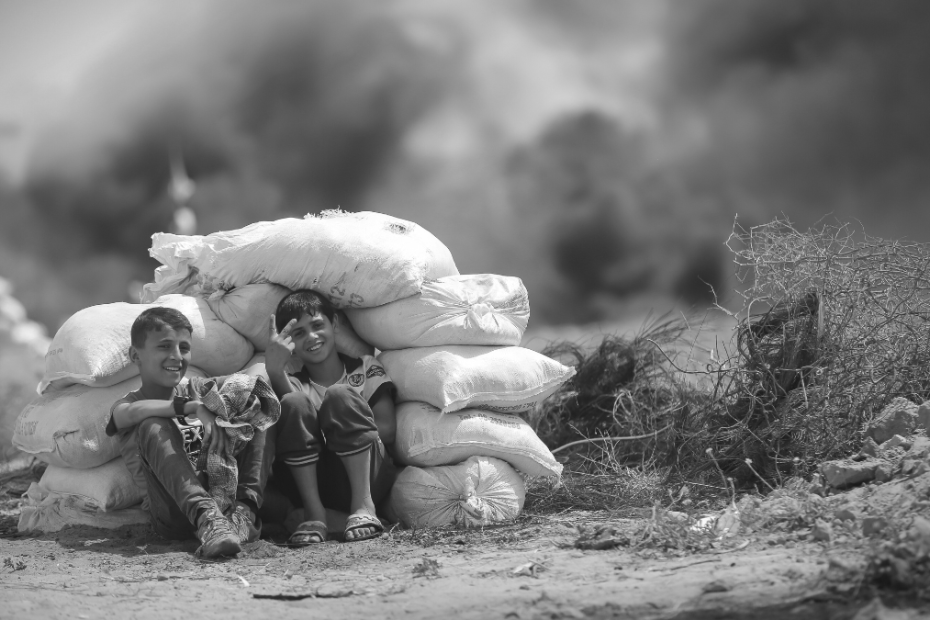The need for peace in Israel and Palestine is paramount, as the longstanding conflict between Israelis and Palestinians has led to immense human suffering, loss of life, and instability in the region. The constant state of violence disrupts everyday life, leaving Palestinian communities in a perpetual state of fear and insecurity. The humanitarian impact, affecting millions of Palestinian people, has been severe, with numerous casualties, including 15,000 children; the mass displacement of 1.3 million civilians, two-thirds being women and children; and the catastrophic destruction of Gazan infrastructure. Achieving peace in Palestine is not just a regional necessity but a global imperative.
Pope Francis has made repeated calls for an immediate ceasefire, asking “Do we really think we are building a better world in this way?”
The immediate need for a humanitarian ceasefire in Palestine, particularly in Rafah, is critical as the region endures intense conflict and violence. A ceasefire is imperative to halt the bloodshed and provide urgent humanitarian aid to those in dire need. Civilians, especially vulnerable populations such as children and the elderly, are caught in the crossfire, suffering from injuries, trauma, and a lack of basic necessities. Without a ceasefire, the humanitarian crisis will continue to escalate, exacerbating the already dire conditions.
A ceasefire would allow humanitarian organizations to deliver much-needed aid, including medical supplies, food, water, and shelter. The destruction of infrastructure in Rafah has left many without access to clean water, electricity, and medical care. Hospitals and clinics are overwhelmed and under-resourced, struggling to treat the influx of casualties. Humanitarian corridors, established through a ceasefire, would enable safe passage for medical and aid workers, ensuring that essential services can reach those most affected by the violence. This immediate intervention is crucial to save lives and alleviate the suffering of the civilian population.
Without a ceasefire, continued military actions undermine any efforts towards dialogue and reconciliation, perpetuating a cycle of violence and retaliation.
